Research Groups and R&D Platforms: Lead optimization
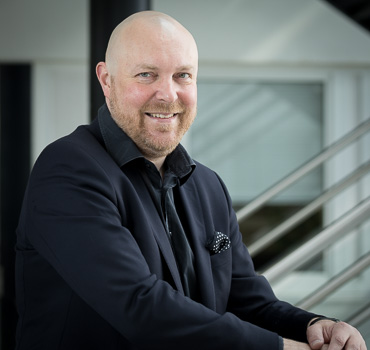
Research Group:
Synthetic chemistry and chemical biology
Reko Leino
reko.leino[at]abo.fi
Laboratory of Organic Chemistry,
Åbo Akademi University
Allergy, Asthma, Autoimmune diseases, Biomedicine, Biomolecular chemistry, Biopharmaceuticals, Cancer, Drug delivery, Fluorescence spectroscopy, Hit to lead, Immunology, Infection, Inflammation, Lead optimization, Medicinal chemistry, Melanoma, Molecular modelling, Natural Compounds, Natural products, NMR, Organic Chemistry, Organic compounds, PET, Powder X-ray diffraction, Screening, Skin diseases, Synthetic chemistry, Thermal analysis, X-ray crystallography
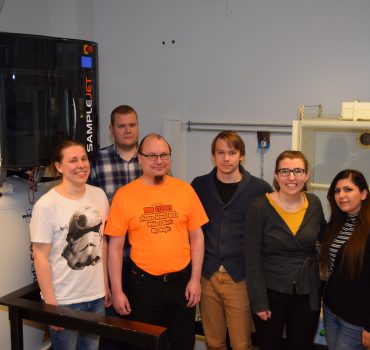
R&D Platform:
The Instrument Centre
The Instrument Centre serves as a shared facility for University of Turku and Åbo Akademi University. With five modern NMR (Nuclear Magnetic Resonance) instruments and a sophisticated mass spectrometer, the Centre is one of the best equipped educational NMR/MS facilities in Finland. Our main focus is in NMR spectroscopy and for the applications we have 400, 3 x 500 and 600 MHz Bruker Avance III spectrometers. The instrumentation was completely updated during 2016. Two of the instruments are equipped with Prodigy cryoprobe systems to enhance the sensitivity of the measurements significantly. In addition, our 400 MHz instrument is equipped with two solid state probes which enable the experiments with solid (CP-MAS) and semisolid (HR-MAS) materials. Three instruments are situated in building Arcanum (UTU) and two in Axelia (ÅAU).
Our own research covers all aspects of NMR applications. However, the main focus is on NMR metabolomics research of biological samples. The Instrument Centre offers also services for non-academic users. For more information, please visit at our webpage: instrumentcentre.utu.fi.
Basic research, Hit to lead, Lead optimization, Metabolomics, NMR, Preclinical development
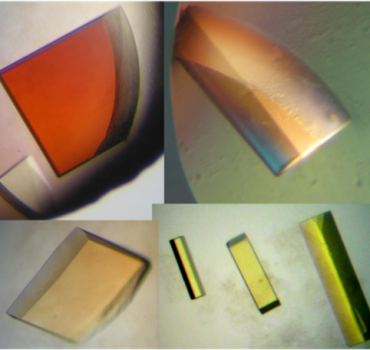
R&D Platform:
Protein Structure and Chemistry Core Facility
Knowledge of protein structure is central to the understanding of biological processes in living organisms and cells. The Protein Structure and Chemistry Core Facility assists investigators in the determination and analysis of the 3-dimensional structure of biological macromolecules and their complexes. The facility consists of an in-house X-ray generator and imaging plate detector, cryo-crystallography instrumentation, several computers, a large collection of crystallisation screens, incubators at various temperatures and a crystal imager for automated inspection of crystallizations. The facility provides modern structure determination approaches through regular access to European synchrotrons and use of fully automated remote data collections. Numerous computer programs are available for all the steps of a crystal structure determination and also for visualisation, analysis, and validation of protein structures, homology modelling and docking predictions. The facility has many years of experience in crystal structure determinations and we are able to undertake projects from academic groups and companies.
Protein Structure and Chemistry
Basic research, Hit to lead, Lead optimization, Molecular modelling, Signaling, Target discovery, X-ray crystallography
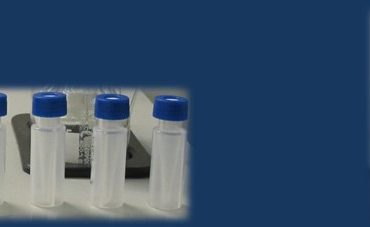
R&D Platform:
The Turku Proteomics Facility
The Turku Proteomics unit provides advanced proteomics services for academic researchers and industry for all Finland. We have a full range of state of the art mass spectrometers including Q-Exactive and Q-Exactive HF, Orbitrap Velos ETD, Orbitrap Lumos and a ThermoFisher triple quadrupole. We are the Finnish Proteomics methods development centre specialising in the analysis of Post-Translational Modifications (phosphorylation, N-glycosylation, palmitoylation amongst others) as well as quantification methods (targeted SRM, PRM and DIA/SWATH
We provide a full service for samples (from sample preparation to MS data collection and protein identification and quantification) as well as an open access platform whereby customers who have completed a user course can run their own samples. Most quantification methods are available include label-free, TMT, iTRAQ, SILAC and AQUA. We also provide a direct interface with the Turku Bioinformatics unit allowing seamless statistical evaluation of data.
We have special focus areas of research including biomarker discovery and validation for the clinic and membrane protein analysis. We are developing protocols for small molecule analysis in tissues and serum as well as intact protein-ligand binding monitoring.
Basic research, Biomarker, Drug target, Hit to lead, Lead optimization, Molecular diagnostics, Proteomics, Receptor, Signaling, Target discovery
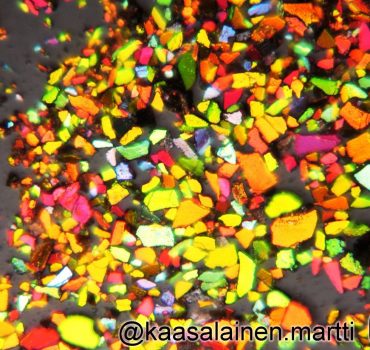
R&D Platform:
Industrial Physics Laboratory
The Industrial Physics Laboratory has over 30 years’ experience in pharmaceutical research in collaboration of national and international pharma companies. The laboratory is equipped with extensive thermoanalytical instrumentation (TG, DTA, SMA, DSC, isothermal microcalorimetry) and X-ray diffraction equipments. Other techniques include also a modern gas sorption apparatus (TriStar), FTIR, fluorescence spectrophotometry, dynamic light scattering and zeta potential measurement instrument as well as access to surface analytical instruments such as TOF-SIMS, HR-SEM, and XPS.
The common research services laboratory have provided include stability and compatibility studies of pharmaceutical formulation, determination of surface amorphicity and crystal polymorphism studies. The main academic research topic of the laboratory is mesoporous drug delivering materials, which has been studied since 2004. In addition, the electrostatics of powders has studied in the laboratory for almost 20 years already including a number of consultant services to industry.
The Industrial Physics Laboratory
Hit to lead, Lead optimization, Preclinical development

R&D Platform:
Structural Bioinformatics Laboratory (SBL)
SBL places biological data within the three-dimensional molecular context, exploiting this knowledge to derive better understandings of biological processes, especially related to ligand binding and discovery of novel ligands. We combine data from many sources, public and project-generated, both experimental and in silico. SBL has a state-of-the-art crystallography laboratory, uses European synchrotron facilities for diffraction data collection, and solves structures in-house. SBL has extensive computational resources: software, molecular databases, graphic devices for 3D visualization, large-capacity data storage, computational clusters, and we make heavy use of CSC IT Center for Science supercomputing cloud resources for in silico ligand screening and molecular simulations. Our groups share space and infrastructure at SBL, providing a wealth of experience. The unit has responsibilities for Biocenter Finland infrastructures in (1) Bioinformatics, (2) Structural Biology, and (3) Drug Discovery and Chemical Biology, providing open-access to protein crystallization resources, scientific IT and bioinformatics services, hardware and software, and long-term project collaboration, available to everyone.
Our experience focuses on proteins and their interactions with natural and synthetic ligands, including proteins, nucleic acids, lipids and carbohydrates. Our researchers have a broad understanding of the sciences and relevant technologies.
Structural Bioinformatics Laboratory
Basic research, Hit to lead, Lead optimization



